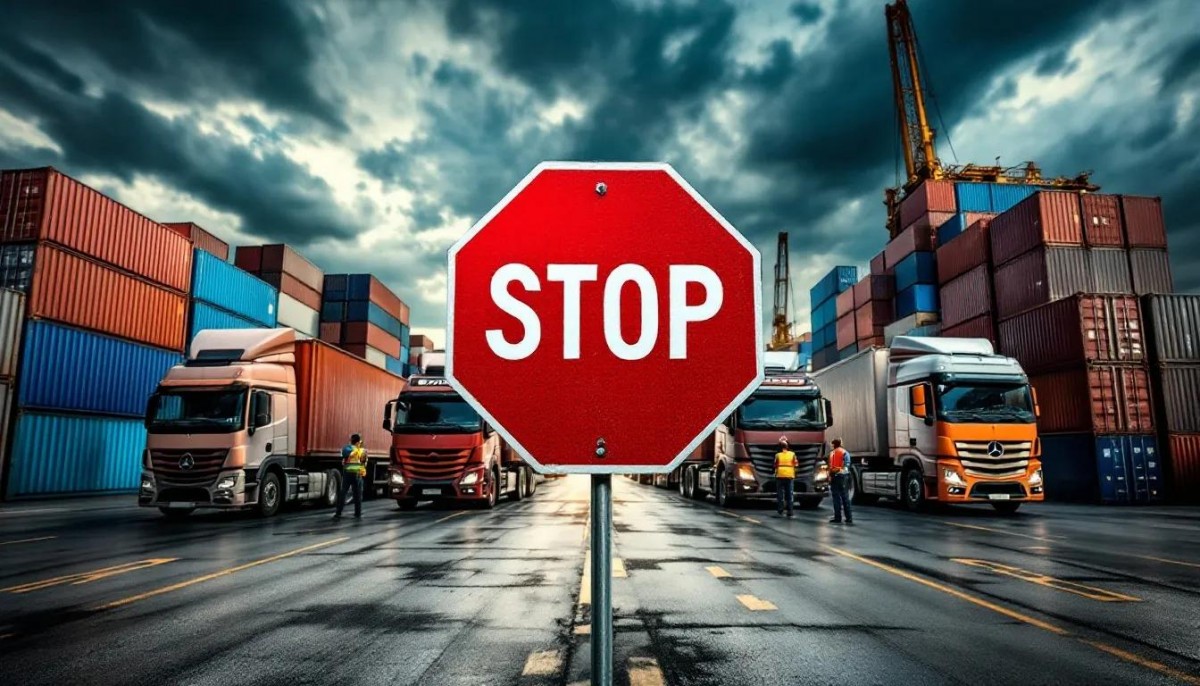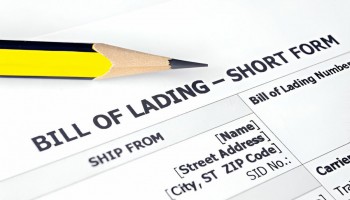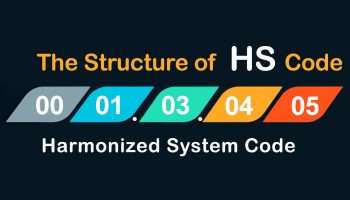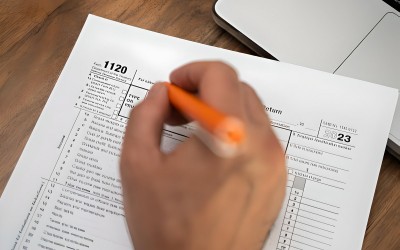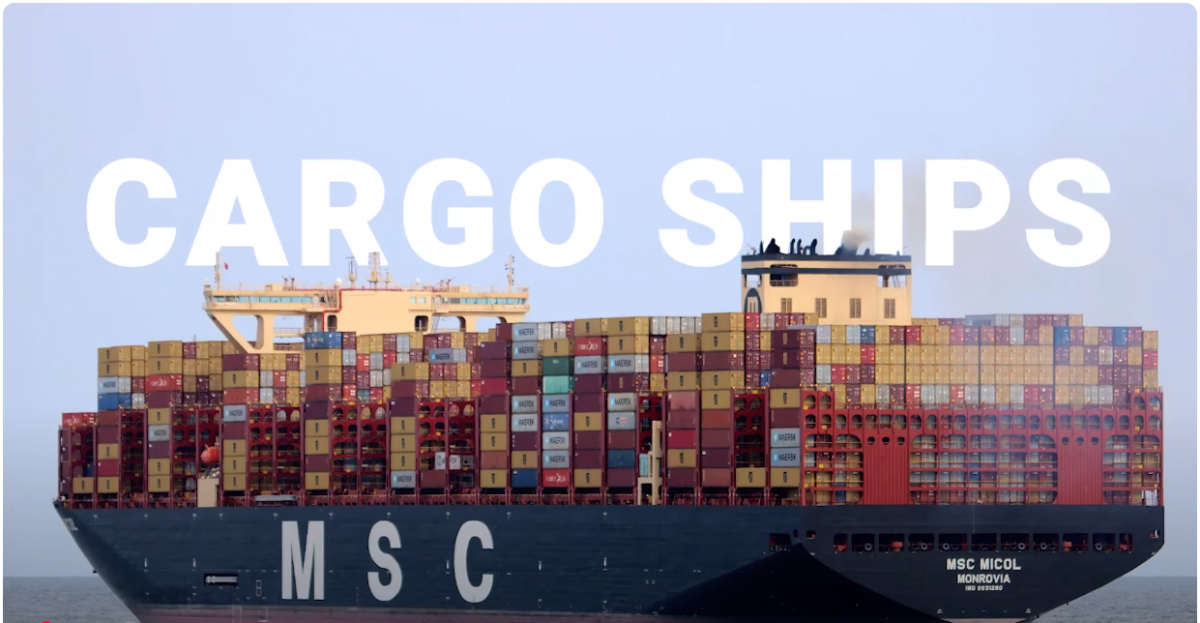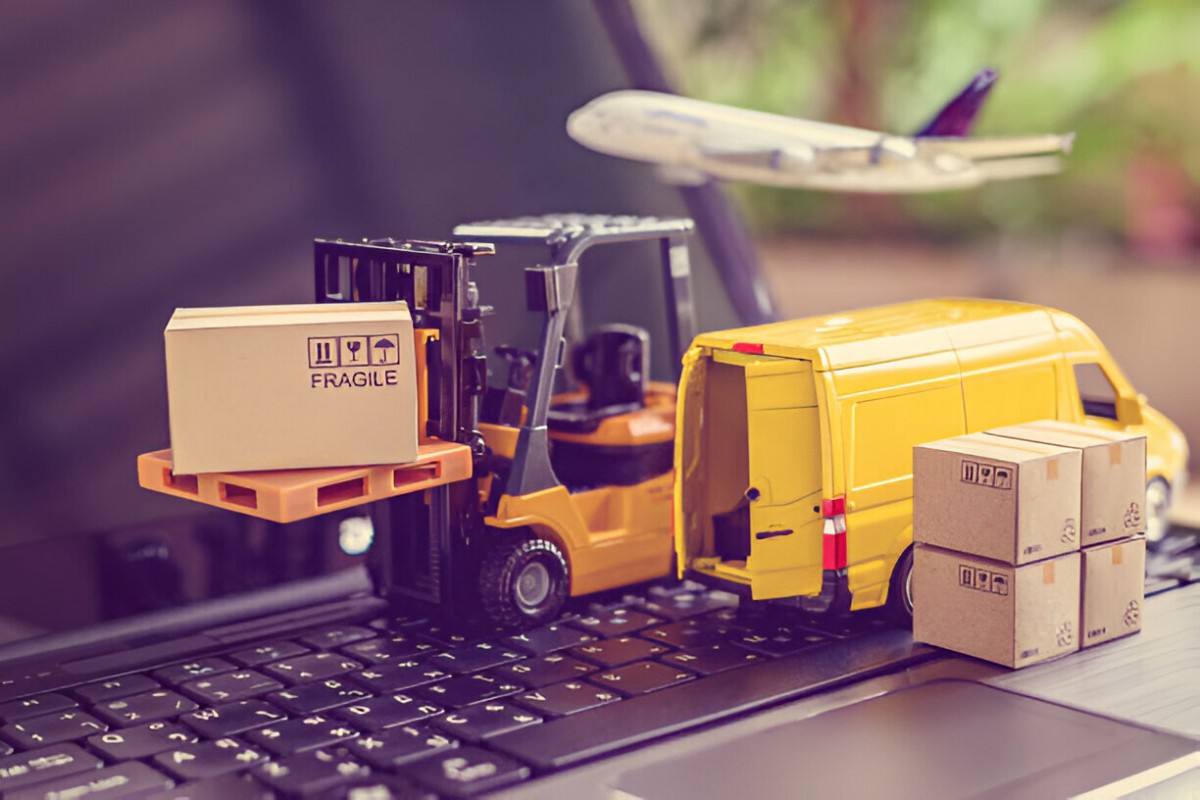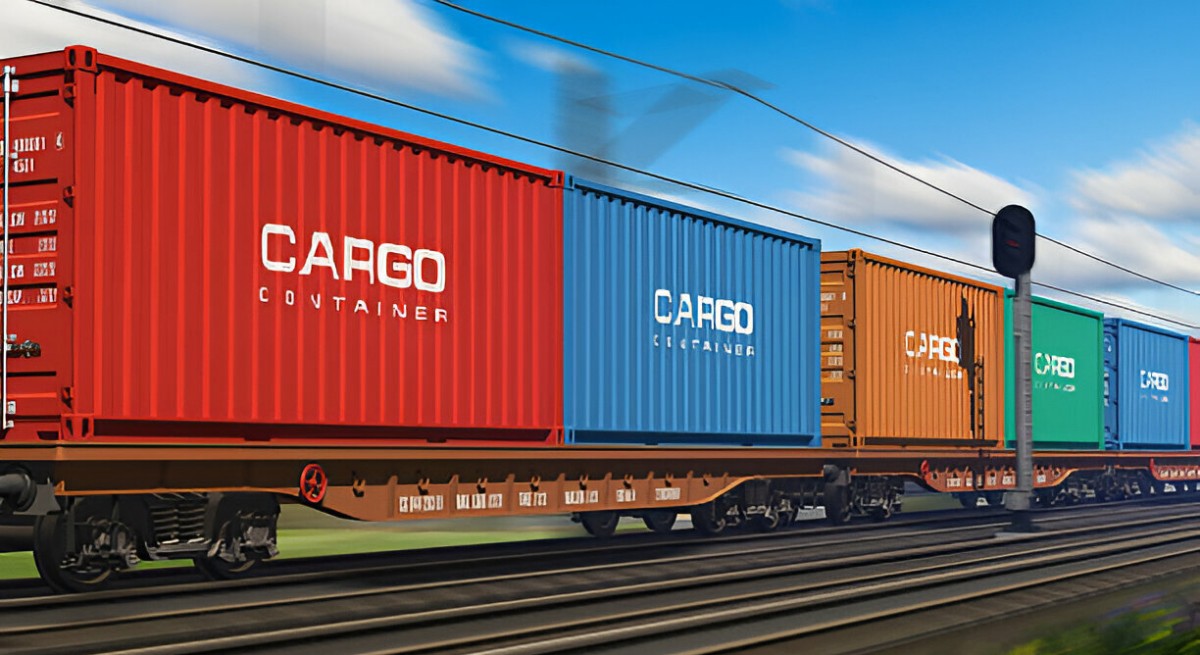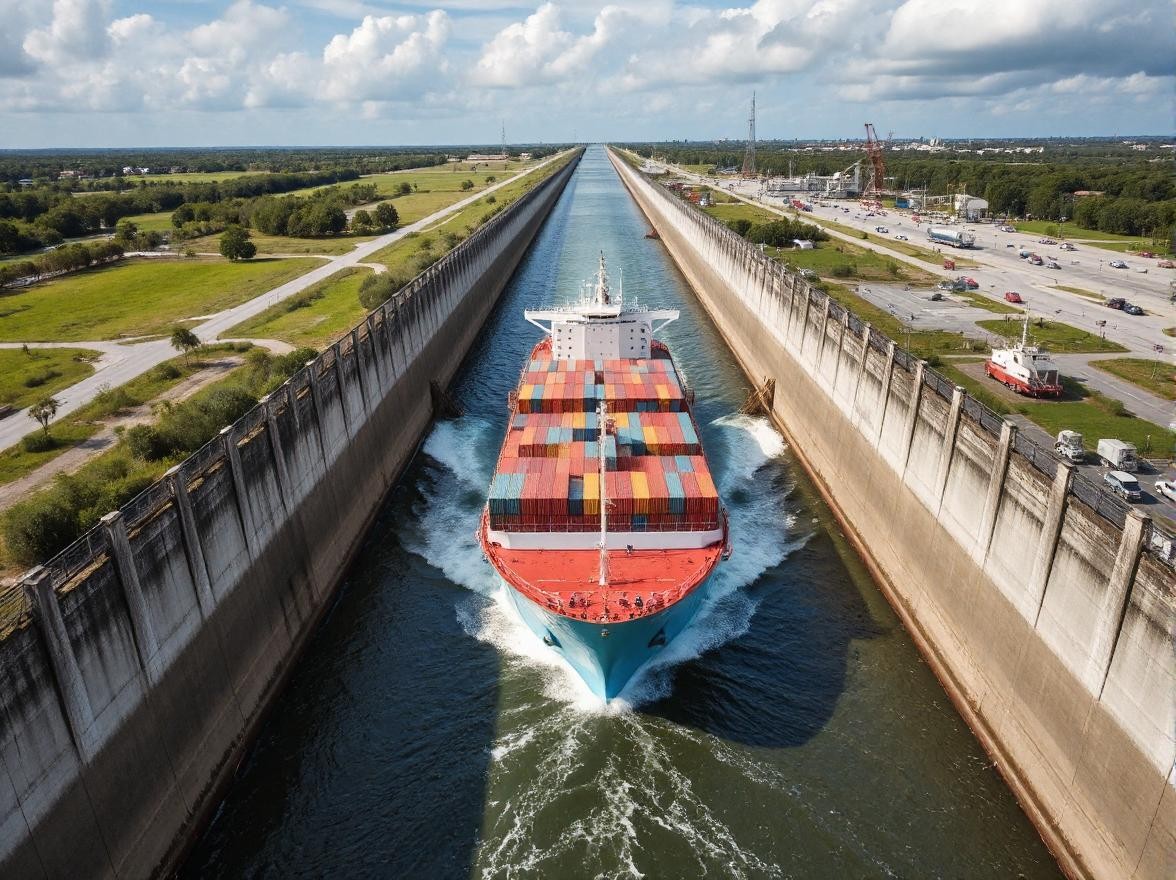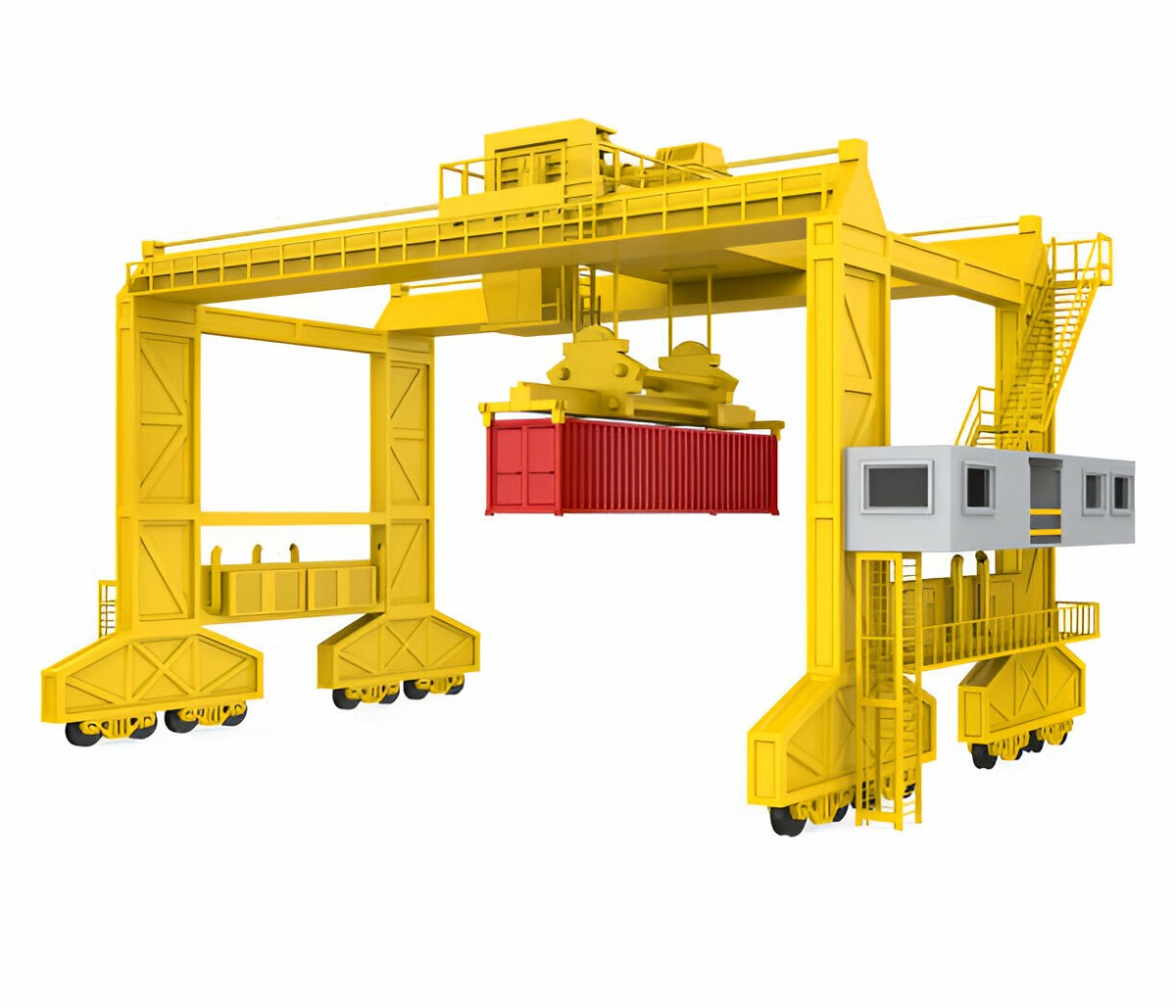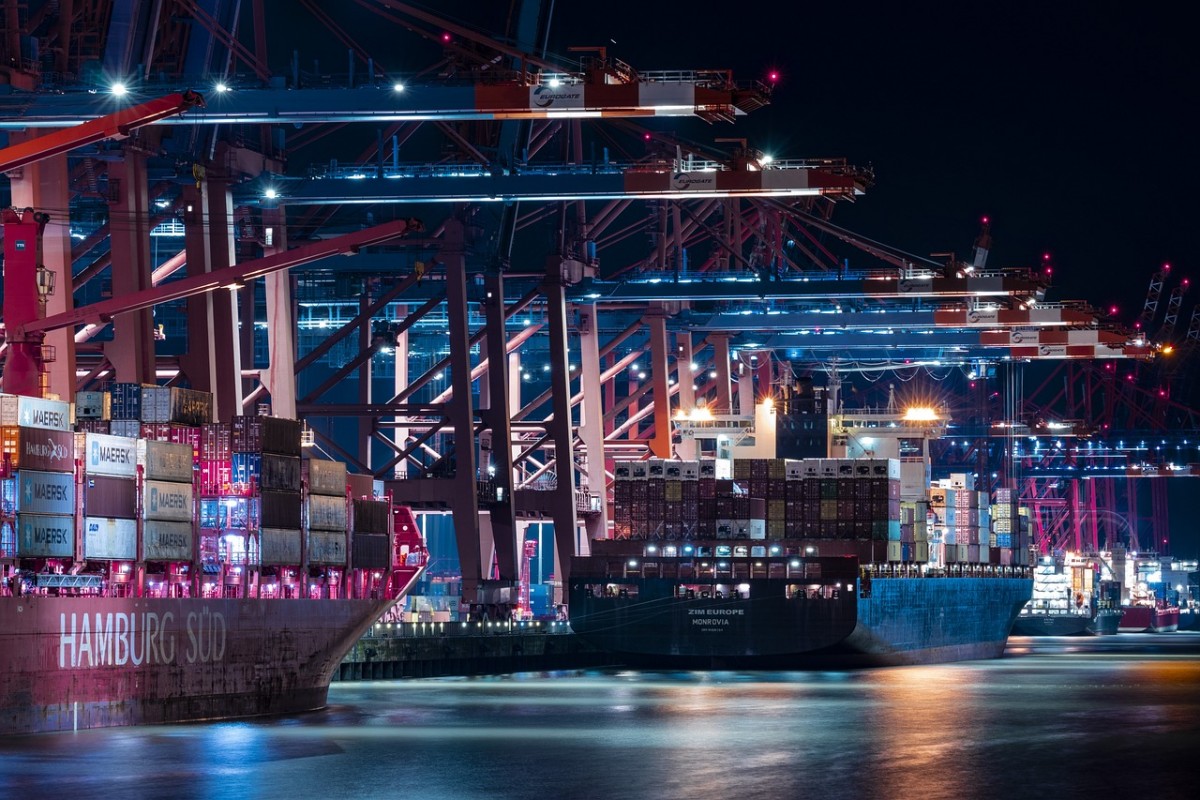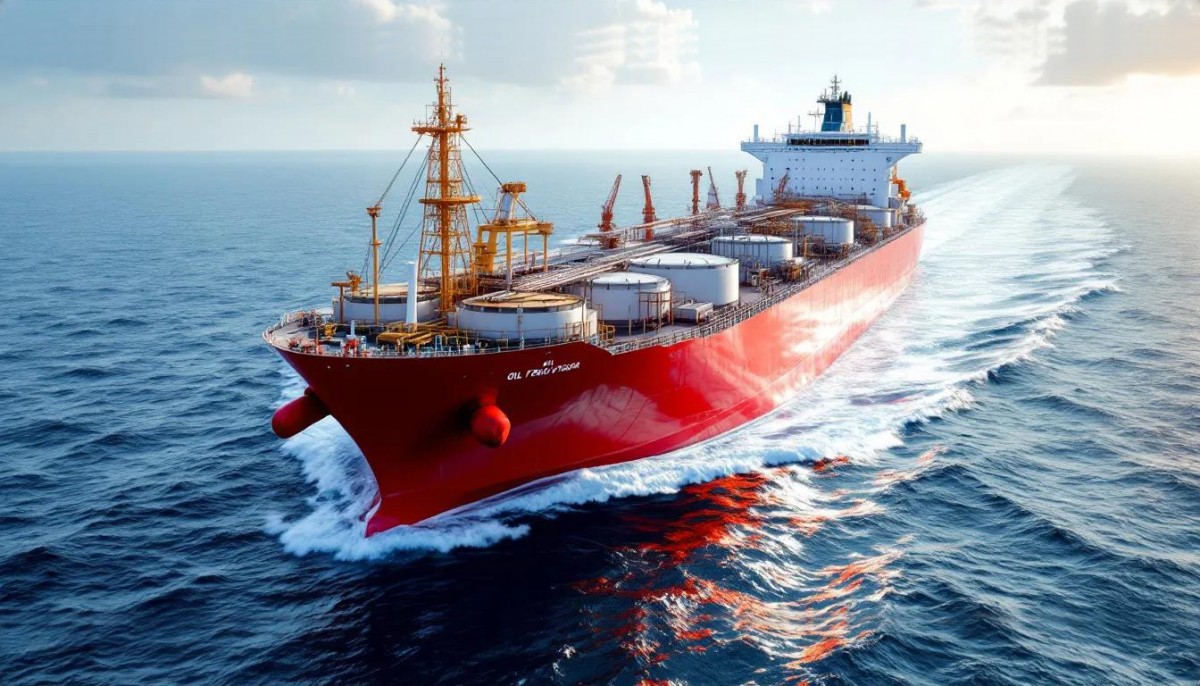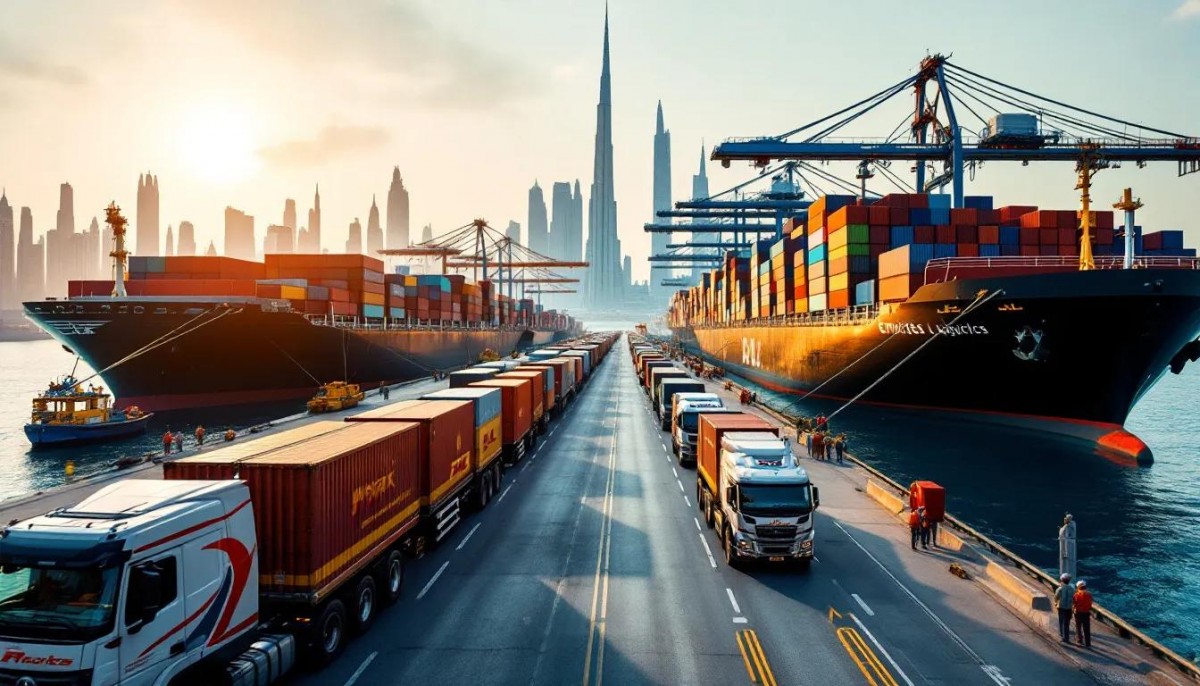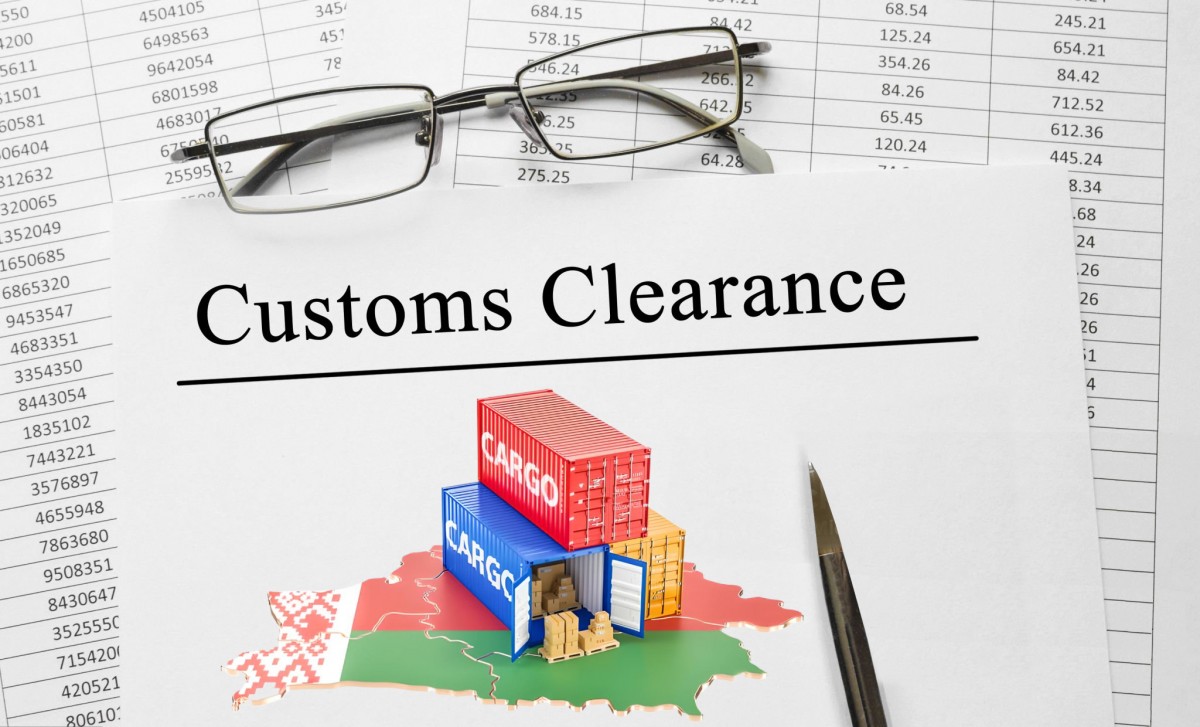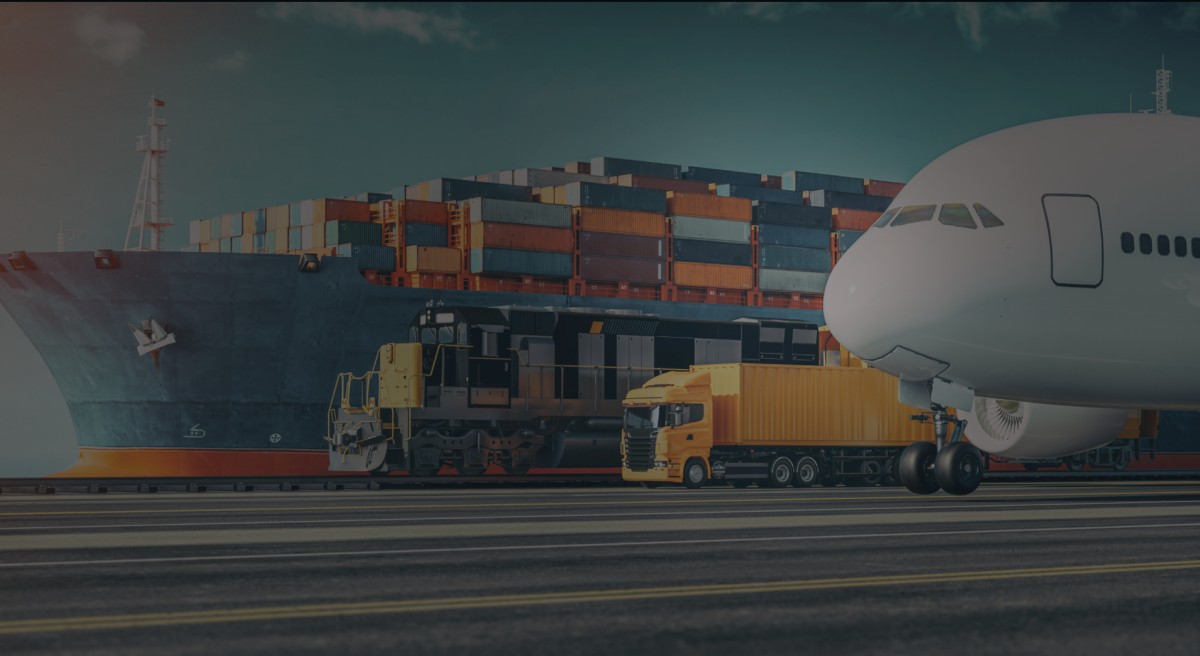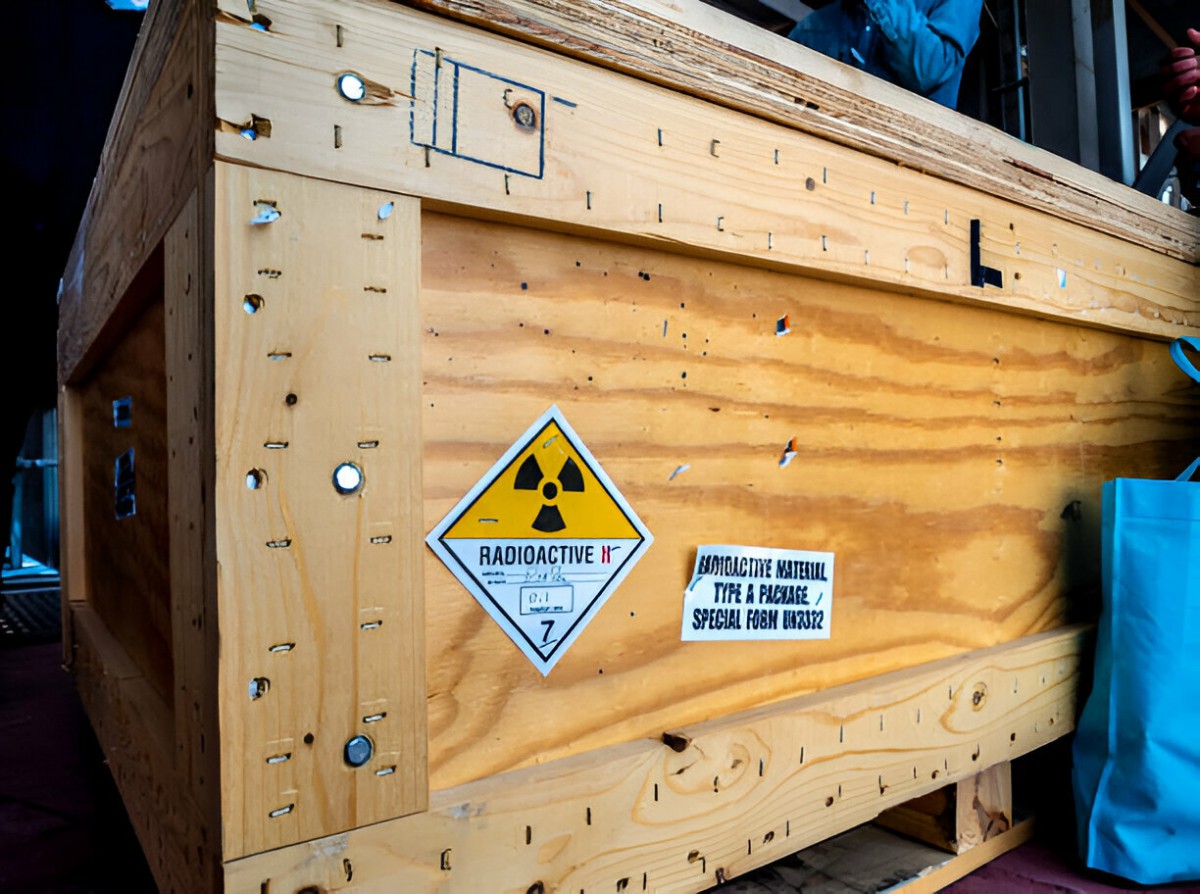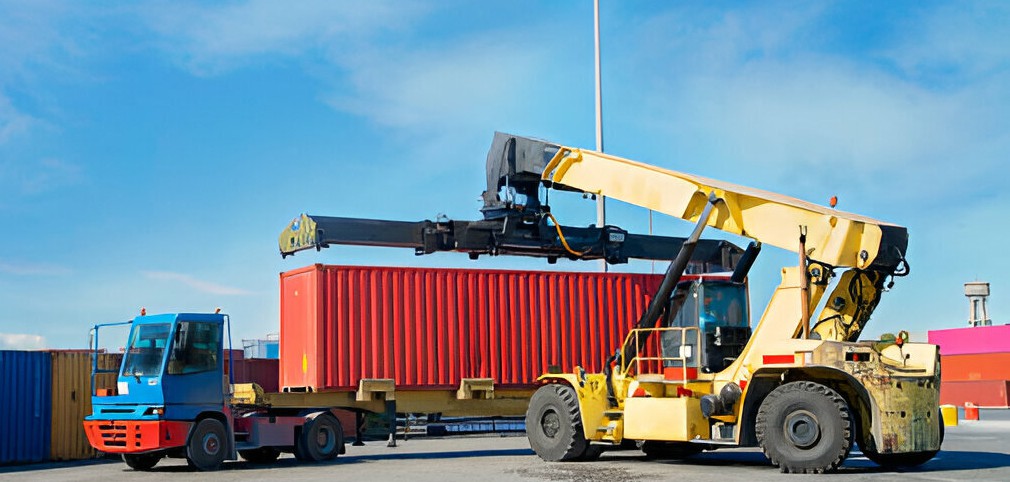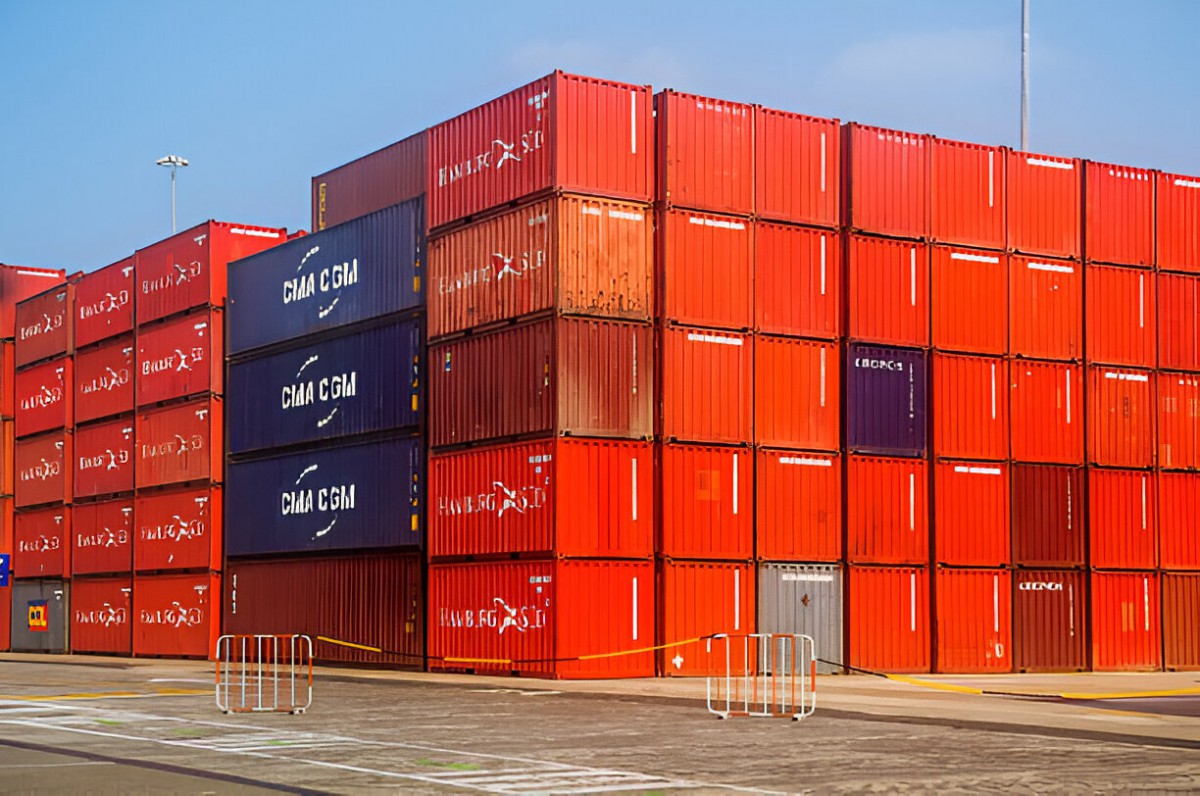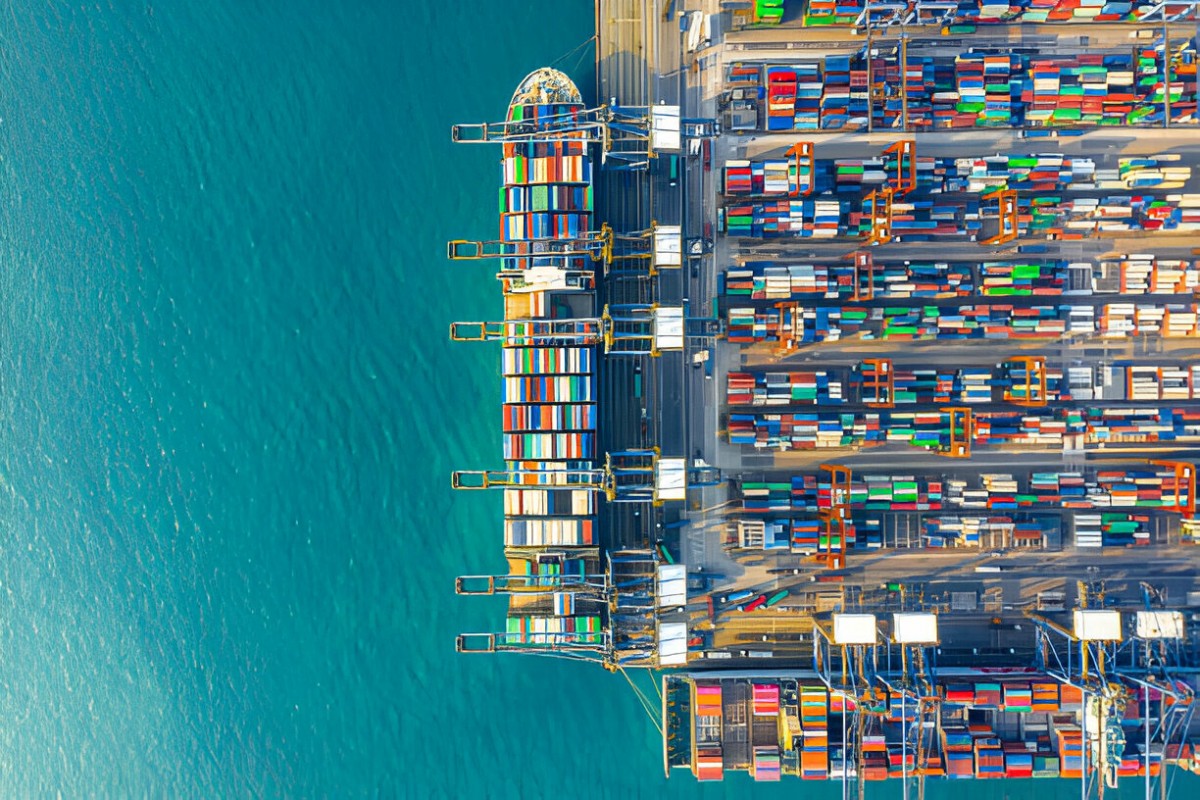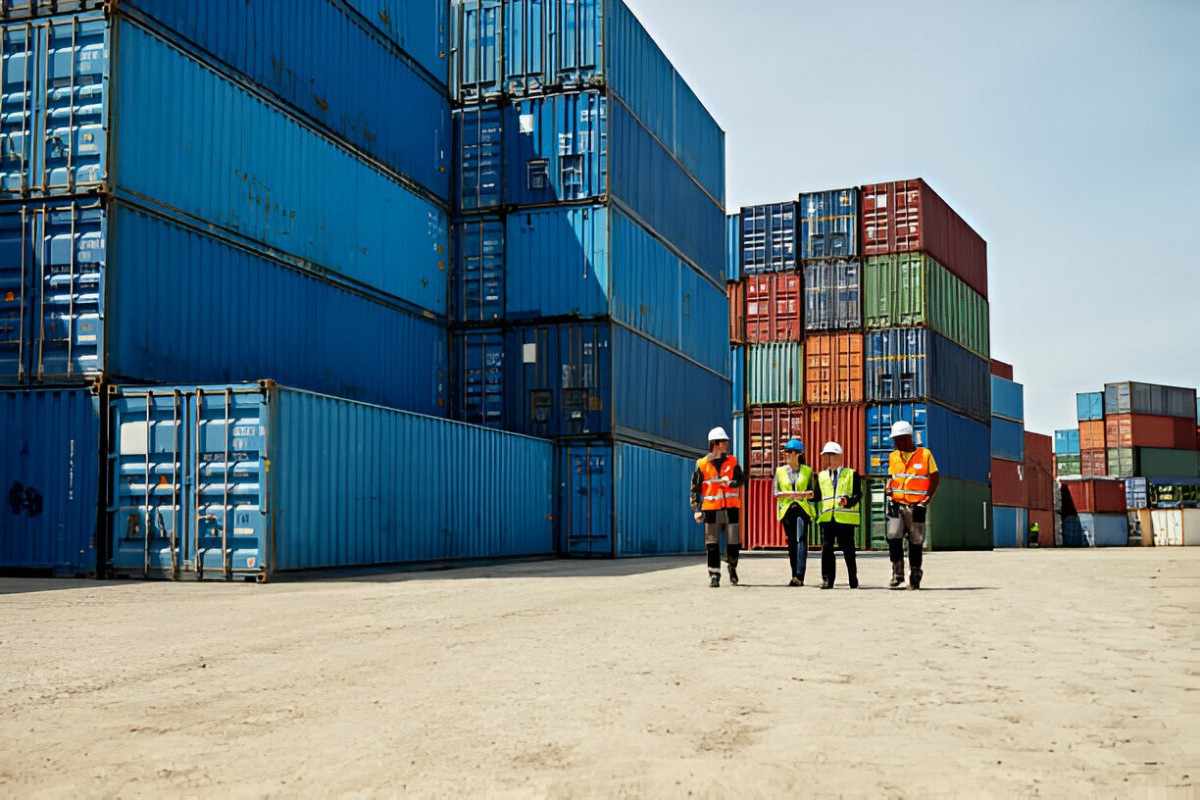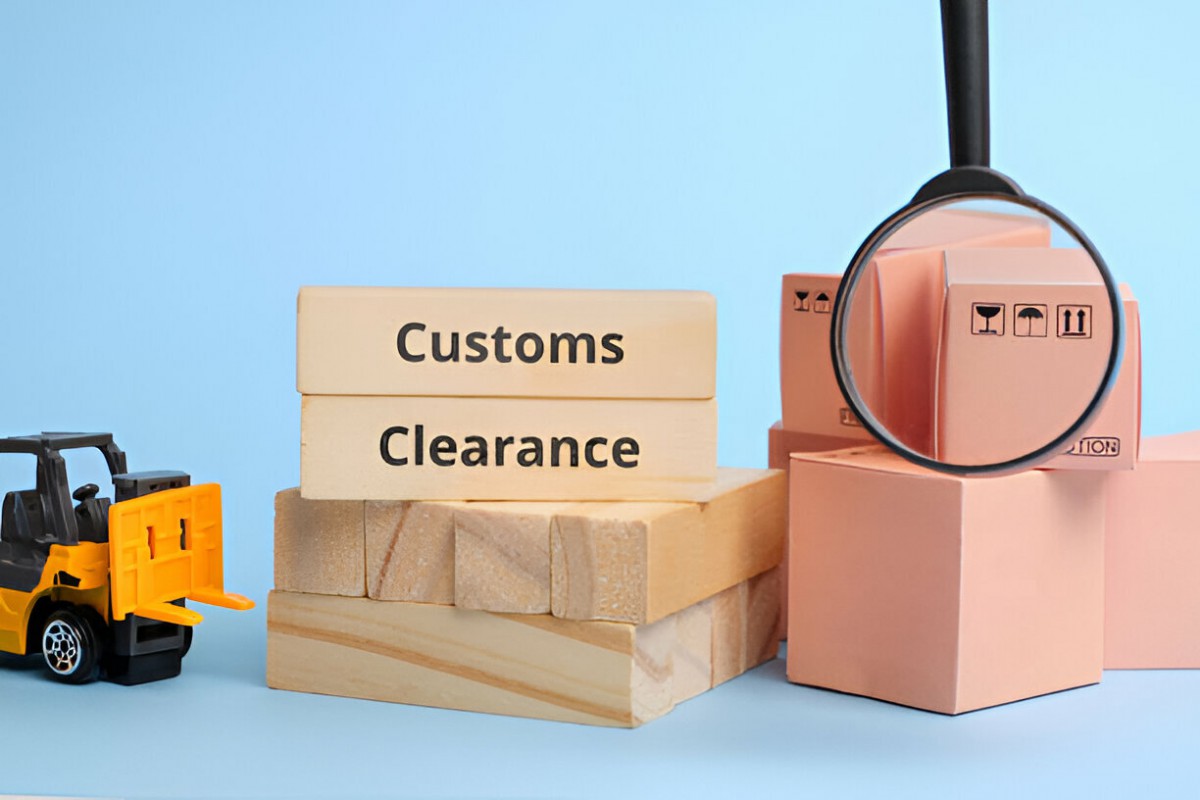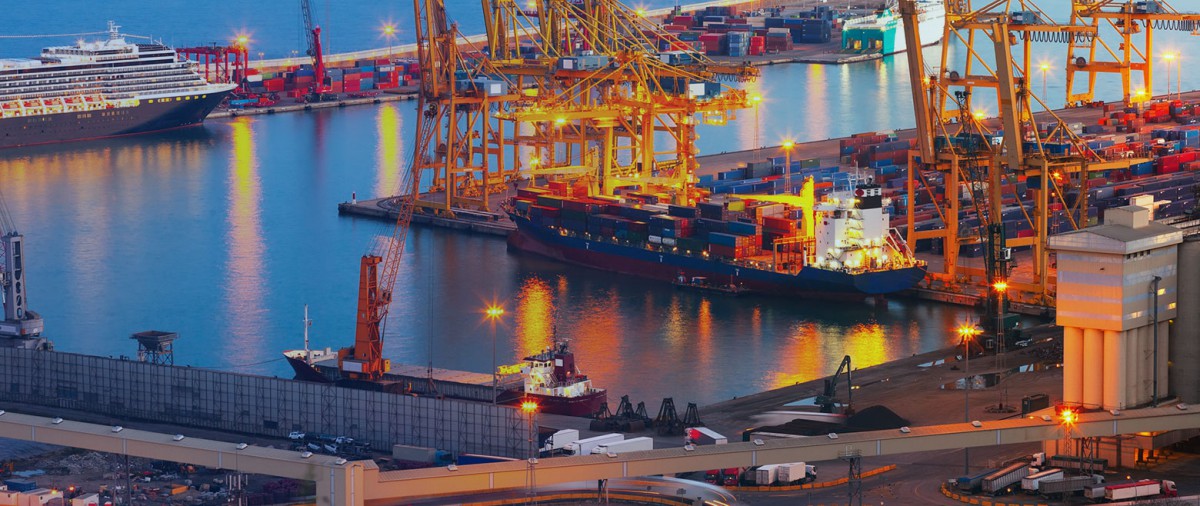When goods are imported into a country, they enter the customs clearance stage. This process involves adhering to customs regulations, paying duties and taxes, and completing the necessary documentation. Once cleared, shipments are handed over to their respective owners for use in production, business, or other purposes. However, some shipments face delays in this process and remain in customs warehouses for extended periods. These are known as “residual goods” or, in simpler terms, “stuck shipments.”
Such delays can lead to serious issues for businesses, including storage fees and demurrage costs, and may even damage goods over time, creating additional complications with insurance claims. Let’s break down the primary reasons why shipments get stuck and how to avoid them.
Categories of Stuck Shipments
Residual goods can be divided into two major categories:
1. Residual Goods Before Declaration
These are goods that have not been declared to customs within the permitted timeframe. In such cases, customs authorities are not directly involved in causing the delay. Instead, it’s often due to the importer’s lack of preparation or unforeseen circumstances. While a brief pre-declaration storage period is normal, longer delays can result in goods being categorized as residual.
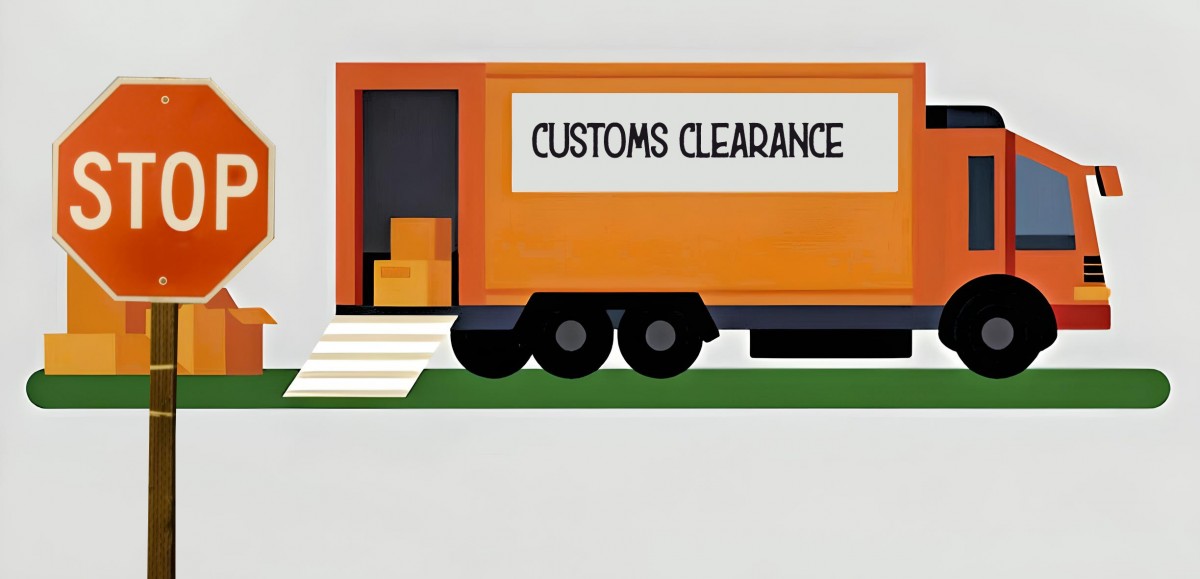
Common Reasons for Pre-Declaration Delays:
1. Lack of Import Licensing: Some goods require an import license from the Ministry of Industry, Mine, and Trade. For instance, items in restricted categories (such as Group 4 goods) are banned from entry and cannot obtain the necessary permits.
2. Banking and Documentation Issues: Banking restrictions or incomplete documentation can hinder payment transfers, title ownership changes, or endorsement of shipping documents, leaving goods in limbo.
3. Expired Import Permits: If the permitted validity period of an import license expires before declaration, goods may be stuck until the license is renewed.
2. Residual Goods After Declaration
Once goods are declared, any delays become the responsibility of customs authorities. These delays are often linked to external factors or procedural complications.
Common Reasons for Post-Declaration Delays:
1. Missing Bank Tracking Codes: If the bank responsible for the transaction does not provide a tracking code to customs, only a portion of the goods may be cleared, with the rest held as collateral.
2. Prolonged Legal Approvals: Some goods require permits from regulatory bodies, such as health, safety, or quarantine authorities. The approval process can be time-consuming, delaying clearance.
3. Non-Payment of Duties: Owners may fail to pay customs duties due to financial constraints or miscalculations, causing delays in clearance.
4. Ambiguities in Documentation: Inaccurate or unclear documentation may lead customs to question the nature of the goods, prolonging the inspection process.
5. Valuation Disputes: Complex goods or frequent regulation changes can result in disagreements over the value of items, delaying clearance.
6. Misrepresentation of Goods: If discrepancies between the actual goods and the declared documents are discovered, the shipment may be flagged for further investigation.
7. Use of Inexperienced Customs Brokers: Hiring unqualified brokers can lead to procedural errors, suspicion of smuggling, or delays in the clearance process.
How to Prevent Shipment Delays
To avoid having your shipment stuck at customs, consider the following steps:
- Ensure Proper Documentation: Double-check all paperwork, including import licenses, invoices, and permits.
- Hire Professional Customs Brokers: Experienced brokers can streamline the process and minimize risks.
- Plan Ahead: Start the customs clearance process as soon as your shipment is en route.
- Stay Updated: Keep track of regulatory changes and adjust your import strategy accordingly.
If your shipment is already delayed, don’t worry. Contact our expert team to help resolve the issue and get your goods moving again!
Frequently Asked Questions (FAQs)
What happens if my shipment remains in customs for too long? A: Prolonged storage can result in additional fees, potential damage to goods, and legal complications.
Can I retrieve goods without full payment of duties? A: In some cases, partial clearance may be allowed, but a portion of the goods will remain as collateral.
How do I know if my shipment requires special permits? A: Consult with your customs broker or check the import regulations for your specific product category.
What should I do if my shipment is flagged for inspection? A: Provide all requested documents promptly and cooperate with customs authorities to expedite the process.
Can hiring a professional customs broker make a difference? A: Absolutely. A skilled broker can navigate complex regulations and reduce the risk of delays.

